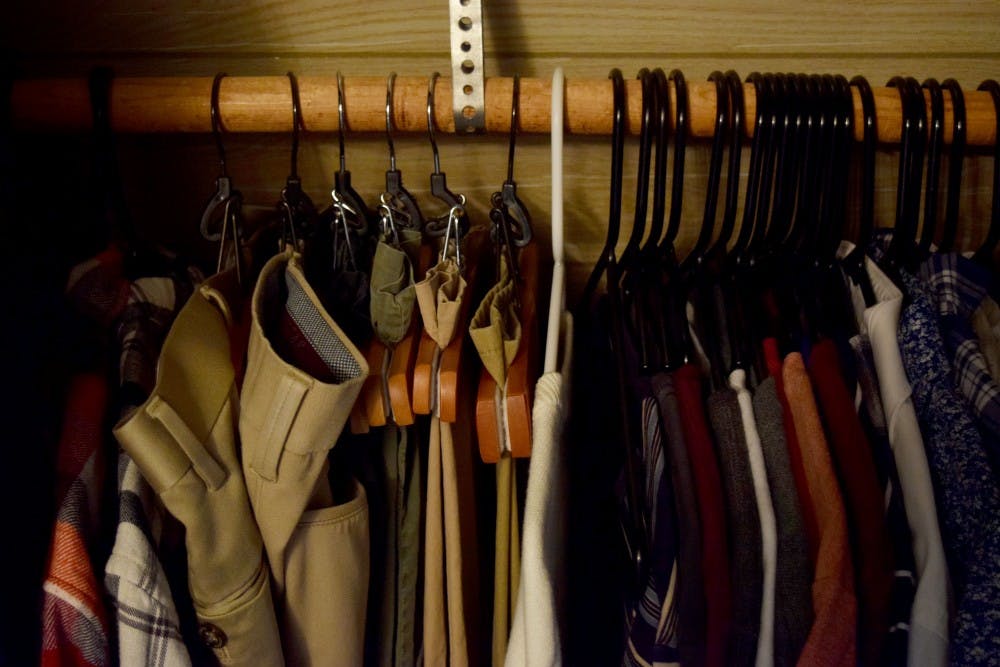The term “fast fashion” refers to the industry of cheaply made clothing that mass-market retailers quickly produce with each trend.
The industry is riddled with ethical problems, including sweatshops and a negative effect on the environment. Thrifting and fair trade options are the sustainable alternative to fast fashion.
According to the Fairtrade Foundation, some workers in factories cannot afford to buy one article of the clothing they’ve produced with a month’s salary. Not only are they underpaid, their conditions are often unsafe. An astonishing 1,138 workers died in 2013 when a clothing factory collapsed in Bangladesh.
The fashion industry is one of the worst industries in terms of pollution, and fast fashion is to blame. The world is consuming 400% more clothing than it was 20 years ago.
Additionally, fast fashion often uses synthetic materials, like polyester, nylon and acrylic. These have the potential to take up to 1,000 years to biodegrade.
Recently, efforts to combat this industry have become more popular. And while it’s disappointing that some people are getting behind the slow fashion movement purely to minimize damage to the environment without creating a dialogue about the safety and rights of these workers, I love to see efforts being made.
The solution to fast fashion is simple. Don’t buy it.
But it’s easier said than done. Many of us enjoy shopping, and we will legitimately need new clothes at some point.
Fair trade options exist, and they’re great to support. However, they’re not always easy to find, as not many retailers carry them. If you’re looking for somewhere to start, Global Gifts carries fair trade items and has a Bloomington location.
Thrifting allows for sustainable, guilt-free shopping. It gives clothing a second life, rather than sending it to a landfill, and the money doesn’t go to corporations that use sweatshops.
Etsy and Depop allow you to find thrifted pieces with the ease of online shopping if you find the right “shops.”
While your dollar may be your greatest power, don’t stop there. Write letters to the companies whose clothes you used to buy. Establish yourself as a former customer, explain the practices you find unethical and would like to see stop.
Stand up for workers and their rights to safe conditions, fair treatment and good wages.
Generate conversation about how you’d like to see more fair trade options and shop fair trade whenever you can.
Resist the urge to shop fast fashion. Remind yourself of the story behind that top, the implications for our planet and that your money will go to an exploitative corporation rather than the worker. Consume as ethically as you can.






